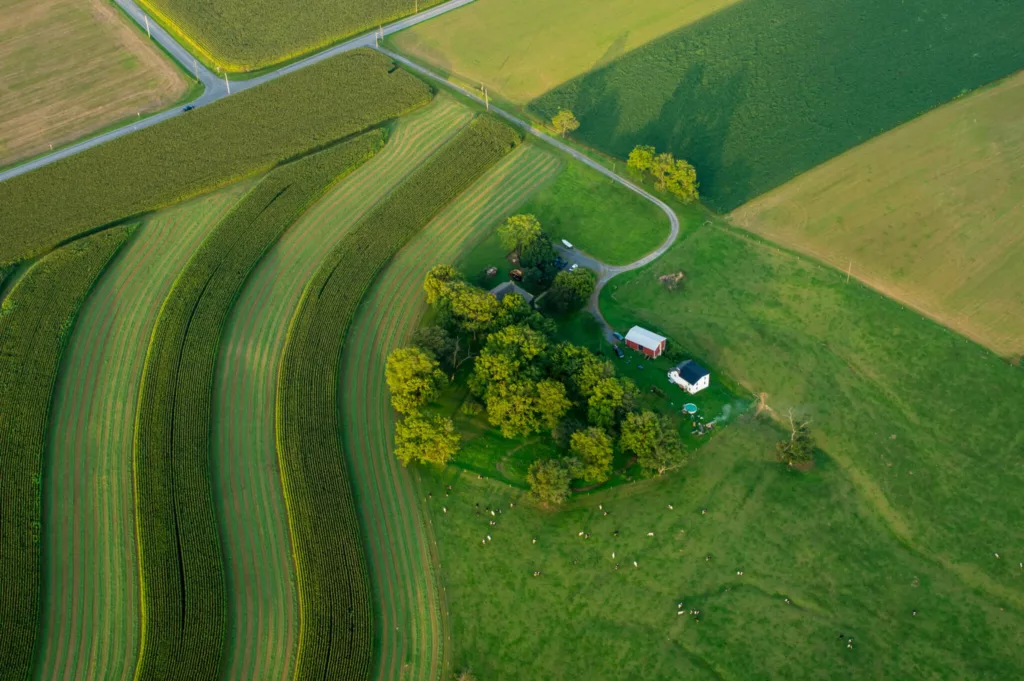
National leaders in farmland preservation
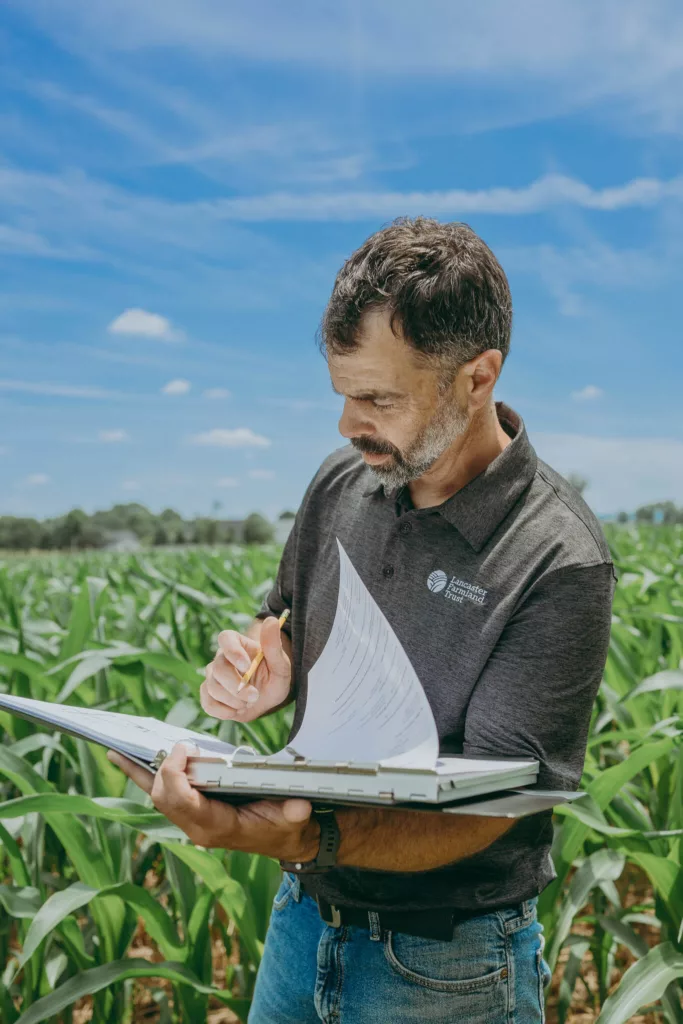

Our Vision Our farms, soil, water, and roots are protected for all.
We’re on a mission to vigorously accelerate the permanent protection and stewardship of farmland in Lancaster County. As one of the oldest, most successful farmland preservation orgs in the country, we’ve protected more than 37,000 acres of farmland to date. But our work is far from over—and we need your help to save Lancaster’s precious farmland.
Our History
Pioneering a Movement
Our founder, Amos Funk, is remembered as the “father of farmland preservation.” He helped establish Lancaster Farmland Trust to help Plain Sect farmers—who may not want to work with government programs—to preserve their farms for future generations. Amos, along with fellow conservationist Marilyn Ware, formed the Friends of Agricultural Land Preservation in 1988. Shortly after its founding, the Friends of Agricultural Land Preservation was renamed Lancaster Farmland Trust.
In the decades since, we’ve grown into a dynamic organization that stewards more than 601 conservation easements and over 37,000 acres. We’ve achieved wide recognition for the success of our efforts, and today, Lancaster Farmland Trust is a national leader in private farmland preservation and conservation.
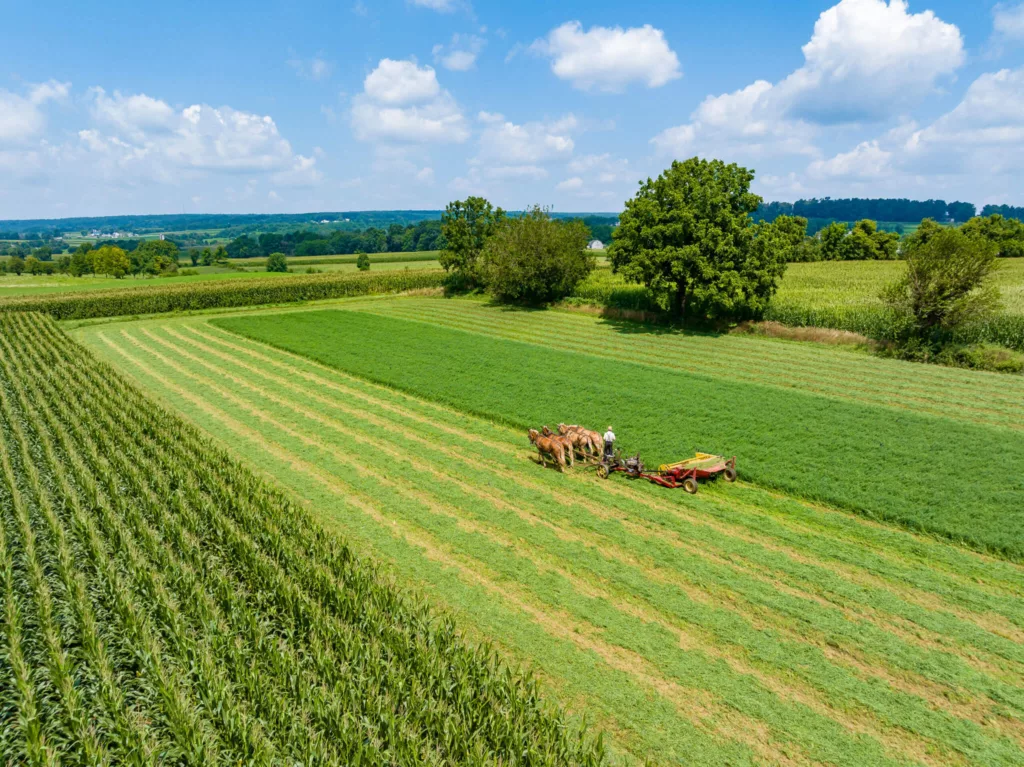
Save Our Farms
Our Organization
We are a private, nonprofit organization working to preserve Lancaster County’s agriculture and steward its land. We’re governed by a volunteer board of trustees and funded by private individuals, businesses, and grants from various private and public organizations and foundations.
In 2023, we developed an ambitious plan to expand our base of support and accelerate our impact for the benefit of all Lancastrians. Each member of our community has a vital role to play, and it will take all of us to achieve lasting progress. We hope you’ll join us.

Our Team
Board of Trustees
Thank You to our Board of Trustees
Lisa Horn, Chair
Shane Zimmerman, Vice Chair
Erin Letavic, Treasurer
Ryan Martin, Secretary
Emily Bell
Charl du Preez
Melissa Falk
Seth Gehman
Nate Hoover
Jeff Kirk
Lee Mason
Darin Miller
Matt Parido
Julie Peachey
Larry Shirk
Mark Smith
Abner Stoltzfus
Brian Wassell
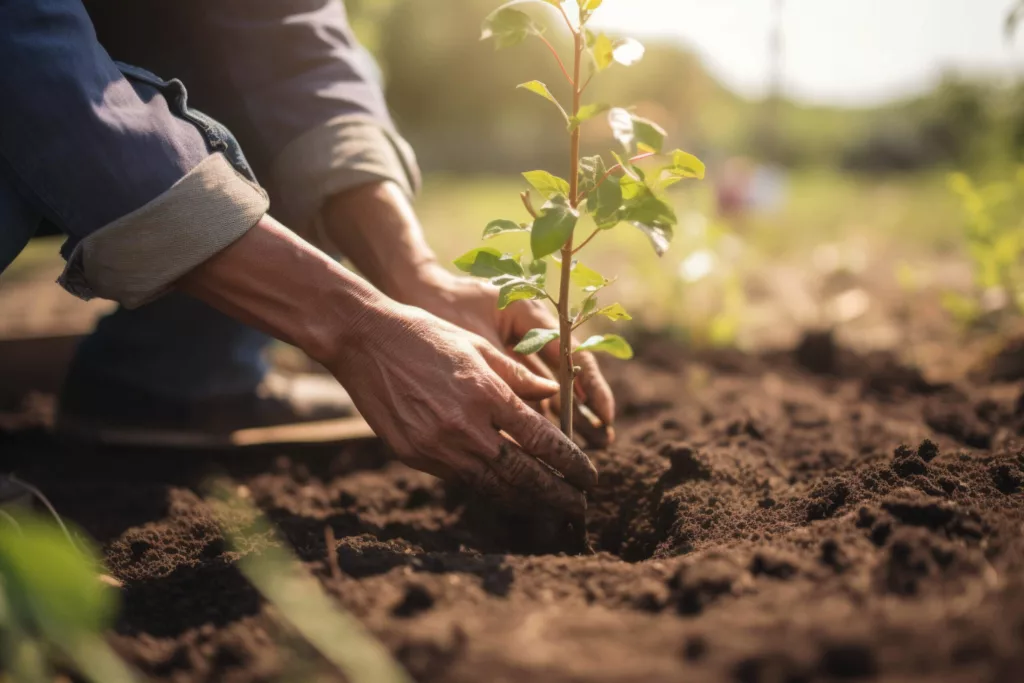
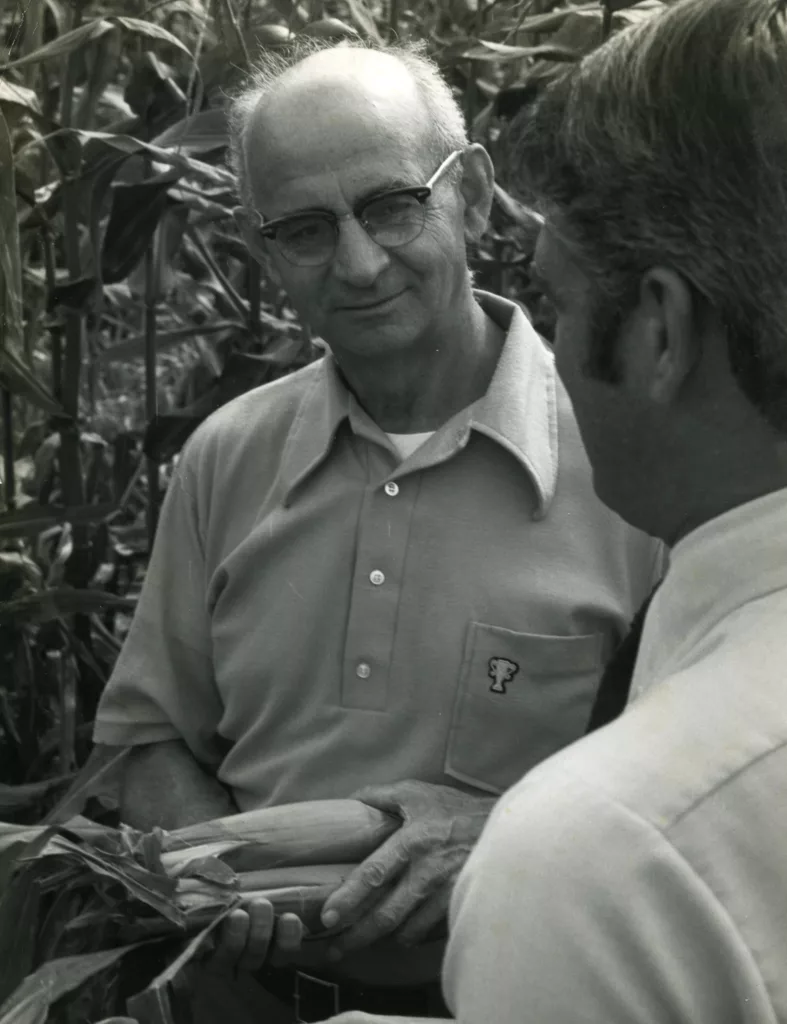
The Amos Funk Stewardship Fund
The Amos Funk Stewardship Fund provides resources for the long-term support of the landowner’s conservation easement. This includes monitoring farms, answering questions about adding improvements, executing permitted subdivisions, educating new landowners, and preventing easement violations.
Lancaster Farmland Trust maintains this fund to ensure we can protect our promise to our landowners—and to our community. We believe upholding easements is both a legal commitment and a moral obligation.
Best Practices
Land Trust Accreditation
Lancaster Farmland Trust was one of the first land trusts in the country to achieve this national mark of distinction. The Land Trust Alliance Accreditation Commission granted national accreditation to Lancaster Farmland Trust in 2009 and has maintained it ever since.
Accreditation status confirms a land trust meets the highest national standards for excellence and conservation permanence. Strong ethical practices, a commitment to the long-term stewardship of land, and conservation easements in the public interest unite accredited organizations.
The Commission is an independent, non-profit program that awards accreditation status to land trusts. They build and recognize strong land trusts, foster public confidence in land conservation, and help ensure the long-term protection of land.

